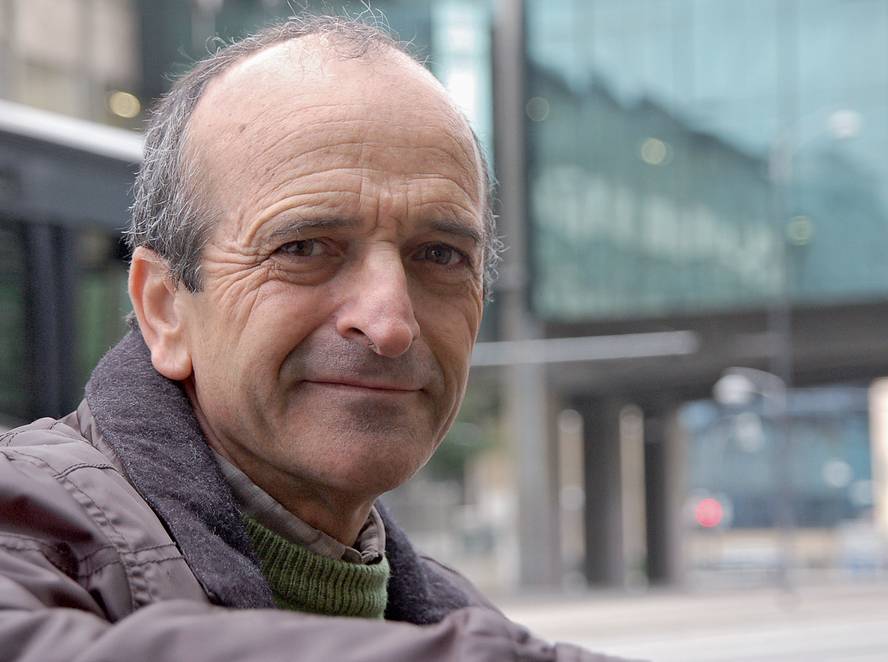“Between science and power there will always be discomfort”
It is the people who have excited me who have done something and who have been persecuted, judged or punished. For example, Giordano Bruno. The day before I read a kind of poem that he wrote to the judges and there he said “You judge me, but you are wrong, I am very calm”. And Socrates preceded him. What crime did you commit? He made the students think and that is why he was accused of leading the young people to perdition. So maybe I also lead my students to lose, because I also look for it, so that the students think for themselves.
Then the same thing happened to Giordano Bruno. Although he was judged and sentenced to fire, he was calm because he knew it was right. And in the case of Galileo, the same: he defends an idea with arguments, and then comes the dogmatic authority, which also condemns it.
That happens with the command, which is dogmatic and does not want people to think. And it is the principle that has guided me: “Well, they say that’s like that, but I have to think.” In it you often suffer because you have to recognize that things are not as you believed in the beginning. For example, when I met nuclear power, it seemed to me that it could be the energy of the future, and then I thought about the changes.
In fact, on the one hand is power, and its goal is to have people controlled, and on the other hand is the work of the seeker, the researcher or the thinker. The latter questions what power, dogma says, and of course, that is dangerous. And this is related to the relationship between science and society. And that worries me, because science is neither good nor bad. Science is curiosity, the desire to understand what the world is like. But influence is not aseptic, because power can use it for one thing or the other. That is the problem. If you are a scientist, you seek the truth, but as part of society you have to adopt an attitude, choose the use.
The truth is that I am not expecting anything. In view of history you realize that there are small revolutions but that society evolves slowly. The revolutionaries mentioned above were losers, but they knew they were right. Galileo said “e pur si muove”! And then history has shown that he was right. And that is eternal. Therefore, we should expect nothing while we are alive. Once accepted, he lives peacefully. In my personal history, for example, with Basque, it has always been like this: when we were young we said “the impossible done with action”, and time has given us reason. And between science and power there will always be that discomfort.






